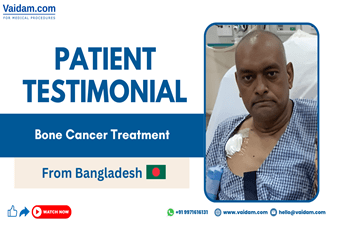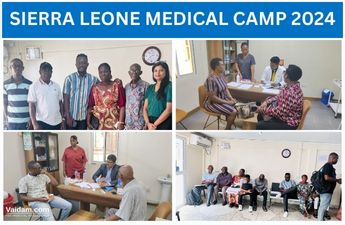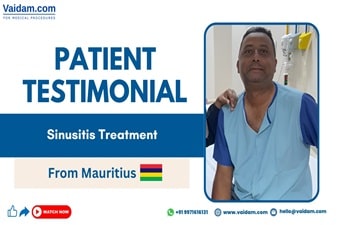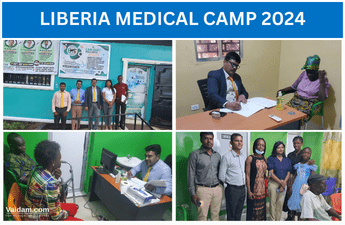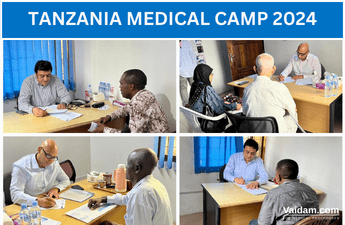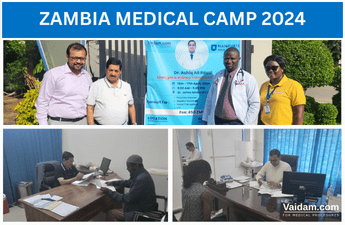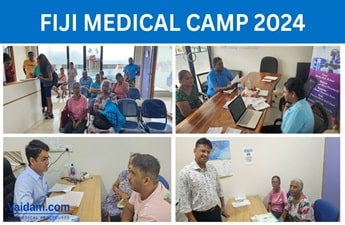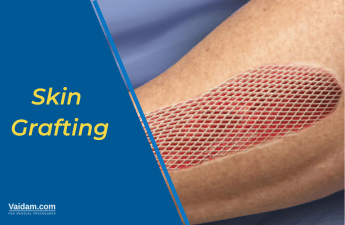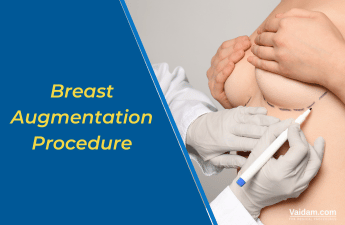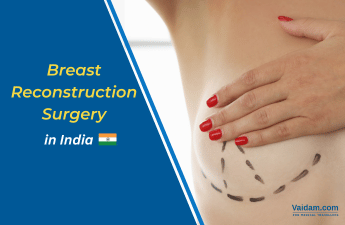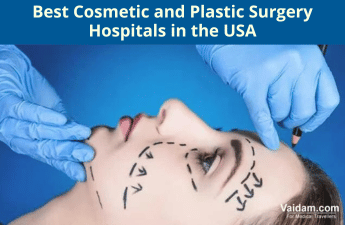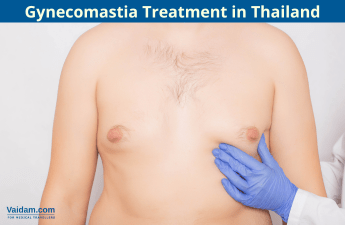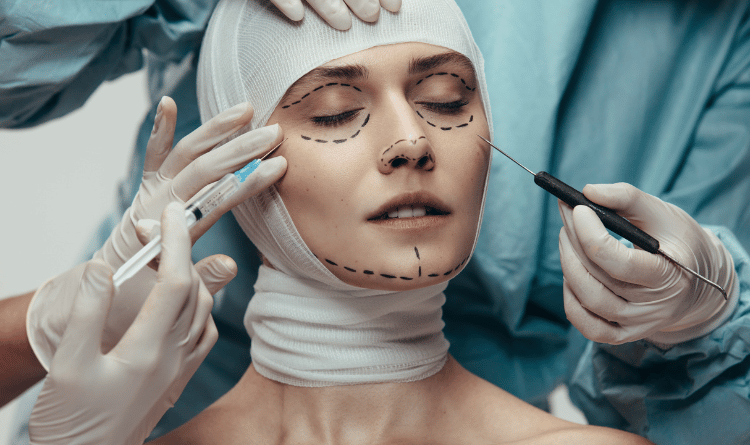
When you decide to enhance your appearance or boost your confidence through cosmetic or plastic surgery, there are some crucial boxes to check. Cosmetic and plastic surgery can be an intensive procedure, and one needs to be prepared to have a successful procedure with the best results. Before you take that step onto the operating table, you should go through a series of tests and assessments for your transformation.
This blog will explore the pre-op tests required before cosmetic and plastic surgery.
Get in Touch with Medical Experts
What Tests Are Done Right Before Surgery?
The specific tests conducted before cosmetic or plastic surgery may vary depending on the procedure type, patient's medical history, and surgeon's recommendations. However, several common preoperative tests are often performed to ensure your safety and assess your overall health before surgery.
These tests may include:
- Physical Examination: A thorough physical examination assesses your general health. Your surgeon will examine your vital signs and evaluate your overall physical condition.
- Blood Tests: Complete blood count (CBC) and coagulation profile help identify any underlying medical conditions or potential bleeding disorders.
- Chest X-ray: Chest X-ray evaluates the condition of your lungs and ensures there are no respiratory issues that could complicate surgery.
- Electrocardiogram (ECG or EKG): An ECG measures the electrical activity of your heart. It is often done to assess your heart's health and detect any abnormalities or conditions that might increase surgical risks.
- Pregnancy Test: A pregnancy test may be required for female patients of childbearing age to ensure that surgery won't pose a risk to a developing fetus.
- Additional Tests: Depending on your age, health, and the specific procedure you're undergoing, your surgeon may recommend additional tests such as a cardiac stress test, pulmonary function tests, or imaging studies (e.g., MRI or CT scan) for specific body areas.
- Laboratory Tests: Your surgeon may order specific laboratory tests to assess kidney and liver function, blood sugar levels, and electrolyte balance.
- Infectious Disease Testing: In some cases, patients must be screened for infectious diseases, such as hepatitis, HIV, or methicillin-resistant Staphylococcus aureus (MRSA), to reduce the risk of post-operative complications.
Always follow your surgeon's recommendations regarding pre-operative testing. These tests are tailored to your needs and the nature of the surgery you plan to undergo.
Some of the tests mentioned above are explained in detail below.
Complete Blood Count
CBC, an essential comprehensive blood panel, allows your doctor to evaluate each cell type in your blood. CBC measures red blood cells (RBC), white blood cells (WBC), and platelets. A CBC may help diagnose a range of health conditions and monitor how the body is affected by different diseases or medical treatments.
Why is a CBC Performed Before Cosmetic or Plastic Surgery?
A CBC is performed due to the following reasons:
- Assessing overall health: A CBC provides information about the patient's health status. Abnormalities in the CBC, such as anemia or infection, must be addressed before surgery to minimize the risk of complications.
- Hemoglobin levels: Low hemoglobin levels may indicate anemia, resulting in fatigue and weakness. Surgery can cause blood loss, so it is important to determine if a patient has a sufficient hemoglobin level before the procedure.
- Infection detection: Surgery always carries a risk of infection, and an elevated WBC count may indicate an underlying infection.
- Coagulation profile: Some cosmetic procedures, such as liposuction or breast augmentation, can increase the risk of blood clot formation. A CBC can provide information about the blood's ability to clot.
- Monitoring for chronic conditions: For patients with chronic medical conditions like diabetes or hypertension, a CBC can help monitor their condition and determine if it is well-controlled.
Your surgeon uses CBC as a valuable tool to make informed decisions about the timing and safety of cosmetic or plastic surgery procedures. CBC assesses the patient's readiness for surgery and minimizes potential risks.
Blood Pressure (BP) Measurement
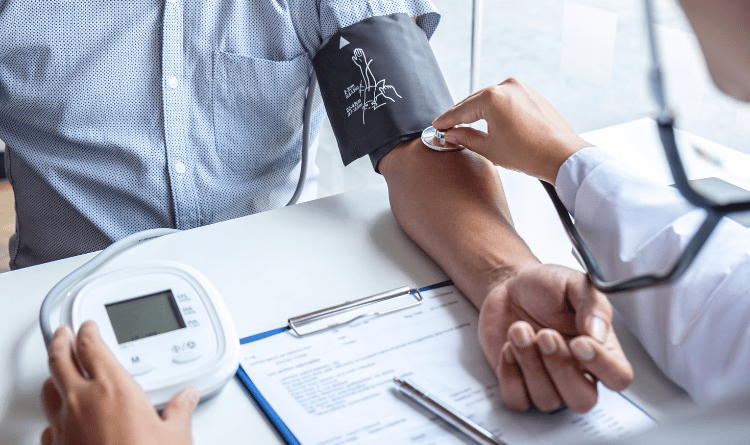
The health risks associated with plastic surgery may be greater for patients with high blood pressure (hypertension). Patients with high BP considering cosmetic/plastic surgery should be fully informed about the potential complications and side effects and how to manage them before proceeding with a cosmetic procedure.
Health conditions and unhealthy lifestyle choices that increase the risk of developing high BP over time include the following:
- Smoking
- Obesity
- Diabetes
- Inactivity
- Poor diet
If you suffer from high BP and have a plastic surgery procedure scheduled, it is crucial to let your surgeon know of your condition beforehand. Before the surgery, inform your plastic surgeon of any medications you are currently taking, especially blood thinners that may prevent clotting. This is because such medications could cause abnormal bleeding during the operation. It is important to take these precautions to ensure a safe and successful surgery.
Glucose Testing
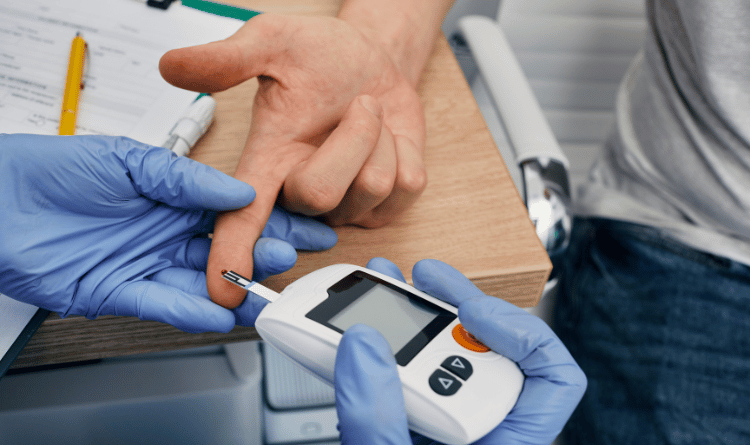
While people with diabetes have an increased risk of complications from any surgical procedure, having diabetes doesn't necessarily mean cosmetic/plastic surgery is off the table. Your surgeon can work with you on the same to reduce your risks.
Why is Glucose Testing Done Before Cosmetic or Plastic Surgery?
Glucose testing is often recommended, particularly for individuals with specific risk factors or medical conditions. The primary reason for conducting glucose testing is to assess a patient's blood sugar levels.
Here are several reasons why glucose testing might be necessary before surgery:
- Diabetes screening: One of the primary reasons for glucose testing is to screen for diabetes. Undiagnosed or uncontrolled diabetes may increase the risk of complications during and after surgery, such as delayed wound healing and infection.
- Control of blood sugar: For individuals who have already been diagnosed with diabetes, glucose testing helps ensure that the blood sugar levels are controlled before surgery.
- Anesthesia safety: It is essential to have a baseline understanding of a patient's blood sugar to adjust anesthesia and monitor glucose levels during surgery to prevent complications like hyperglycemia (high blood sugar) or hypoglycemia (low blood sugar).
- Infection risk: Surgical wounds are particularly vulnerable to infection, and uncontrolled diabetes can increase the risk of infections post-surgery.
- Overall health assessment: Glucose testing helps identify any underlying medical conditions or risk factors that might impact the surgical procedure or recovery.
- Optimizing outcomes: Managing blood sugar levels before surgery can improve surgical outcomes and a smoother recovery process.
It is important to note that glucose testing is only sometimes required for some cosmetic or plastic surgery patients. The need for this test depends on factors such as the patient's medical history, age, weight, and the specific procedure being performed.
Hepatitis Panel
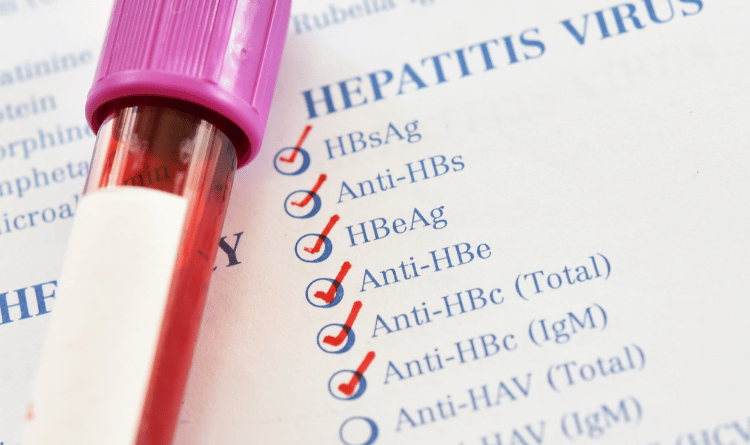
Hepatitis, a type of liver disease, causes liver inflammation. The most common cause of hepatitis is a group of viruses, hepatitis A, B, and C. A hepatitis panel checks to see if you have a hepatitis infection caused by either one of these viruses.
If a hepatitis panel shows you may have hepatitis, you will usually need more tests to learn about your condition.
Why is the Hepatitis Panel Done Before Cosmetic or Plastic Surgery?
Performing a hepatitis panel test before cosmetic or plastic surgery is an important precautionary measure for several reasons:
- Infection control: Cosmetic and plastic surgeries may involve the potential for blood exposure, so it is crucial to screen for hepatitis to prevent the transmission of the virus.
- Surgical risk assessment: Knowing a patient's hepatitis status allows the surgical team to assess the potential risks associated with the surgery.
- Patient safety: Patients with hepatitis may be at risk of transmitting the virus to healthcare providers or other patients.
- Treatment planning: The surgeon and healthcare team can work with the patient to determine the best course of action. This may involve antiviral treatment or delaying the surgery until the infection is under control.
- Preventing post-operative complications: Knowing a patient's hepatitis status allows the healthcare team to take precautions to minimize the risk of postoperative complications.
Hepatitis is not a contraindication to any cosmetic or plastic surgery. It is necessary to have blood work demonstrating that you have normal liver function and immune levels.
A hepatitis panel test before cosmetic or plastic surgery is a precautionary measure to ensure patient safety, prevent disease transmission, and allow for appropriate medical management if an infection is detected. It is part of the standard pre-operative assessment to minimize potential risks associated with surgery and optimize the overall outcome.
Human Immunodeficiency Virus (HIV) Test
Surgeries in HIV-positive patients have not been actively performed due to:
- Concerns over infection after the surgery from the lowered immune functions of the patient
- Delayed wound healing caused by a slow inflammatory response
- Contamination of surgical appliances and equipment
- Concerns about accidental transmission during surgery
However, in many healthcare settings, including those performing cosmetic or plastic surgery, routine HIV testing is a part of pre-operative assessment. It helps ensure the safety of both patients and healthcare providers and is in line with established infection control protocols.
Why is HIV Test Performed Before Cosmetic or Plastic Surgery?
Performing an HIV test before cosmetic or plastic surgery is recommended for several important reasons:
- Infection control: Surgical procedures may involve potential blood exposure, so it's crucial to screen for HIV to prevent the transmission of the virus in a healthcare setting.
- Patient safety: HIV-positive patients may be at higher risk for complications and may also be at risk of transmitting the virus.
- Surgical risk assessment: Individuals with HIV have weak immune systems and are more susceptible to slower wound healing, thus affecting surgical outcomes.
- Treatment planning: If a patient tests positive for HIV, it may impact the surgical plan. The surgeon and healthcare team can work with the patient to determine the best course of action, which may involve adjusting the surgical approach or coordinating care with an infectious disease specialist.
- Post-operative care: Knowledge of the patient's HIV status allows appropriate post-operative monitoring and management.
It is important to note that HIV status should be treated with strict confidentiality, and patients should not face discrimination or stigma based on their HIV status. Healthcare providers must protect patient privacy and provide appropriate care regardless of HIV status.
To Conclude
In your journey of self-improvement and enhanced confidence, the world of cosmetic and plastic surgery offers remarkable opportunities. Yet, this transformation journey is multi-faceted, with pre-operative tests playing a major role in ensuring your safety and the success of your procedure.
So, whether you are considering a facelift, breast augmentation, or any other cosmetic procedure, embrace the pre-operative testing process as a vital step on your path to transformation. In doing so, you invest in your appearance and long-term health.



